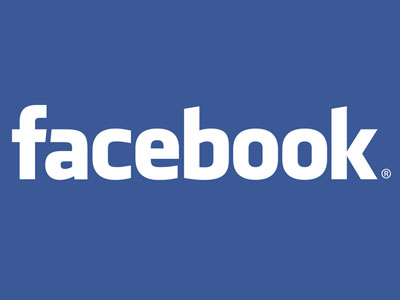Samsung released its new-age Galaxy S3 smartphone in Europe. Inventories are already gone in many places. The handset has gotten such favorable reviews and reactions that its sales are not unlike those of a new Apple (NASDAQ: AAPL) iPhone. At almost the same time as the release, there are rumors that Facebook will release its own smartphone next year.
Between now and 2013, Apple will launch the iPhone 5. If the past is any indication, demand will be even greater than that for the new Galaxy phone. Sales of the iPhone and the new Galaxy will be enough, together, to show once again what is said so often: the high-end smartphone race has only two horses in it. Firms such as HTC, Sony (NYSE: SNE), Motorola and Nokia (NYSE: NOK) are so far back in the pack that chances they can catch the leaders are near impossible.
A Facebook smartphone would have only one apparent advantage. It would be loaded with Facebook features. The potential market would be the world’s 900 million Facebook members. Reaching most of them would be a logistical nightmare. Almost all handsets around the world are sold by local wireless companies. Without their cooperation, any new smartphone cannot be launched effectively.
The New York Times reports that Facebook has started to hire engineers to design its smartphone. The social network company could finance the effort with the $16 billion it raised in its initial public offering. But other large firms with huge cash positions have tried to compete with Apple, and now Samsung. The most obvious among these is Microsoft (NASDAQ: MSFT), which has invested billions of dollars, without success, to get its Windows mobile software deployed. Its last best chance for that deployment is its partnership with Nokia, and that partnership has been a failure, based on early sales of a Window’s-based phone.
The other barrier that Facebook has is that downloads of its app are already on tens of millions of smartphones. The people who have this app already use it in great numbers. Why would these users switch from smartphones they favor to get features that the app already gives them in large part? The answer is that they will not. There is no need, and likely little demand for Facebook’s own smartphone product.
Douglas A. McIntyre
Are You Ahead, or Behind on Retirement? (sponsor)
If you’re one of the over 4 Million Americans set to retire this year, you may want to pay attention.
Finding a financial advisor who puts your interest first can be the difference between a rich retirement and barely getting by, and today it’s easier than ever. SmartAsset’s free tool matches you with up to three fiduciary financial advisors that serve your area in minutes. Each advisor has been carefully vetted, and must act in your best interests. Start your search now.
Don’t waste another minute; get started right here and help your retirement dreams become a retirement reality.
Thank you for reading! Have some feedback for us?
Contact the 24/7 Wall St. editorial team.



